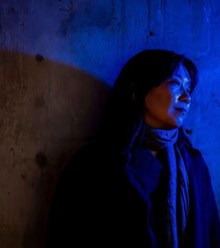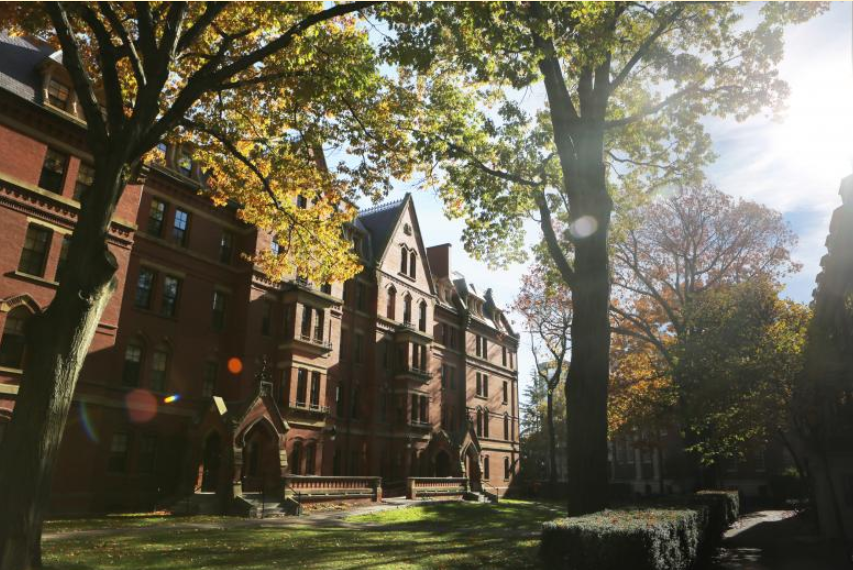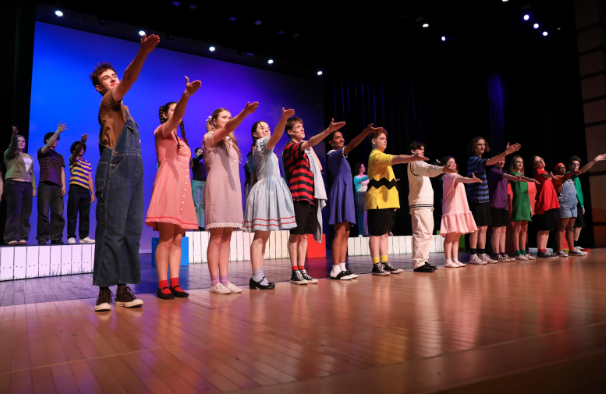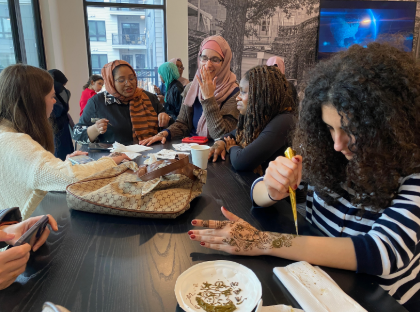October 2024 marked the first time Koreans could read a Nobel Prize-winning novel in their native language. Having won both the 2016 Man Booker International Prize and the Nobel Prize in Literature in 2024, “The Vegetarian” by Han Kang continues to garner attention from across the globe.
Out of the 117 Literature Nobel Prizes awarded since 1901, Han Kang became the first Asian woman to be awarded the Nobel Prize for Literature. She is the second South Korean Nobel Prize Laureate, the first being former President Kim Dae-jung, who was awarded the Nobel Peace Prize in 2000.

Han Kang was born in Gwangju, South Korea in 1970. She studied Korean literature at Yonsei University. Hanbegan her career as a poet in 1993, eventually expanding her portfolio with novels and short stories.
Much of her work centers around violence and authoritarian rule in South Korea’s history, along with the struggles women currently face.
These themes can be found in her book “Human Acts”, a novel based on the 1980 Gwangju Uprising i, which resulted in the massacre of hundreds of civilians under the military dictatorship of Chun Doo-hwan.
Han Kang is also known for her books “We Do Not Part” , “The White Book” and “Greek Lessons” .
The most famous of Han’s works is her Nobel Prize-winning novel “The Vegetarian” , a story about a woman named Yeong-hye whose torturous nightmares drive her to renounce eating meat and spiral into madness. Published in 2007 and translated into English by Deborah Smith in 2015, the dark story explores concepts of internal struggles of identity and rebellion against conformity.
“If I could say one thing, this novel isn’t a singular indictment of the Korean patriarchy. I wanted to deal with my long-lasting questions about the possibility or impossibility of innocence in this world, which is mingled with such violence and beauty,” Han Kang said in an interview with literary journalist Bethanne Patrick.
With her powerful exploration of human identity and violence, Han Kang establishes a significant voice in contemporary literature. Her success with “The Vegetarian” draws out inspiration globally and opens the door for the future generation of writers.









